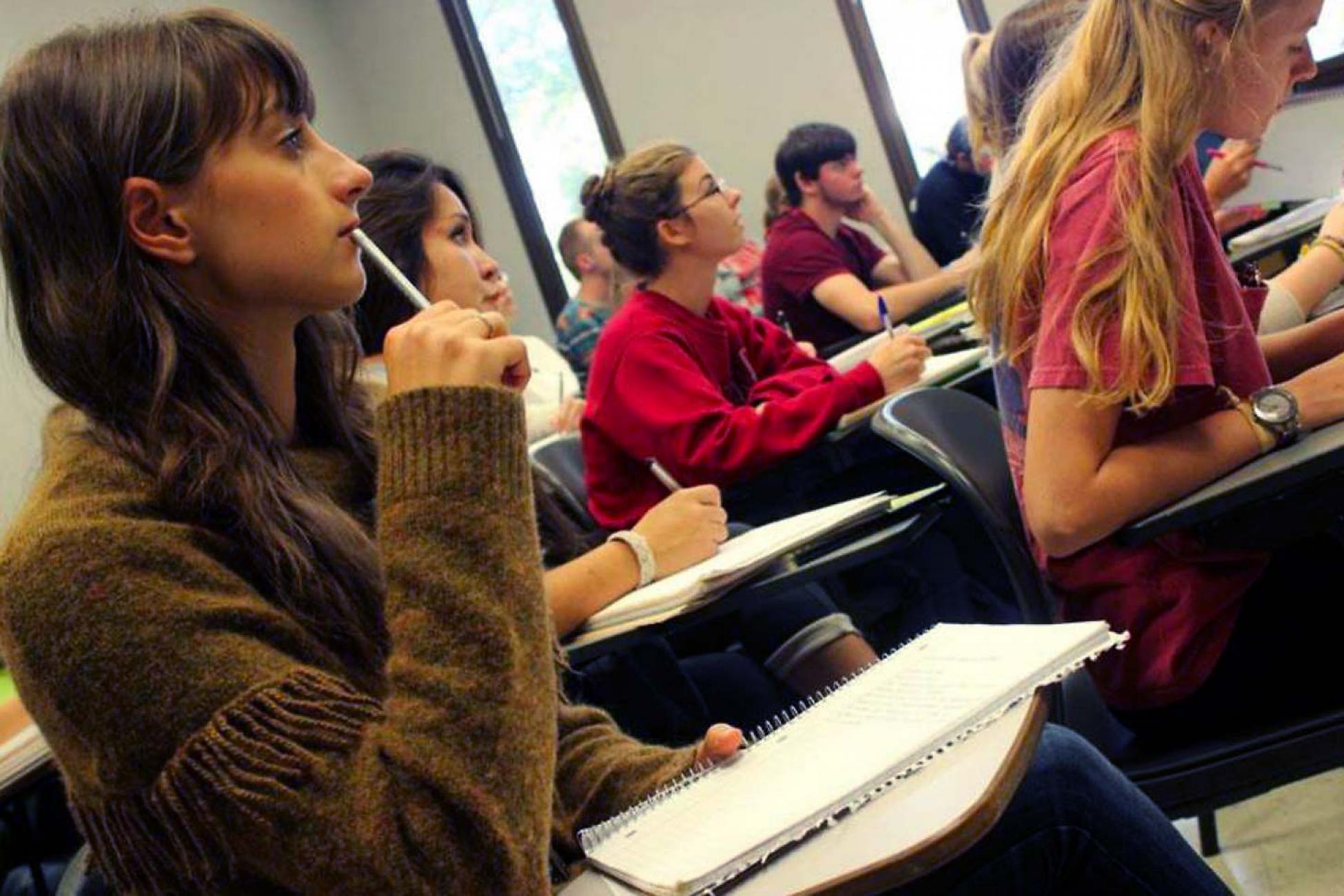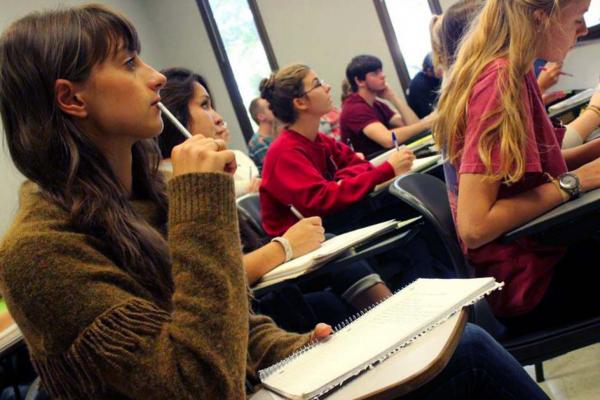Moving my entire life to South Carolina last August, I knew that there was an unpredictable, unfamiliar and exciting journey ahead. Having returned home to Leeds, England, a year later, I’ve been able to see just how much that exposure to unfamiliarity has made me a stronger individual. But the challenges I’ve faced over the last year have also made me a more employable individual.
I’ve been applying for internships, work experience placements, jobs and volunteer roles and have realized just how much I’m relying on my year abroad as a tool for self-promotion.
Here are the top 10 ways that studying abroad—wherever you go and whatever you study—transforms your resume:
1. Study abroad fosters global thinking.
Studying abroad encourages students to see the advantage in global connections. You might be able to bring a global twist to a new work project, or utilize connections you made in the field. Or perhaps studying abroad simply made you more worldly and more aware. Whatever the case, studying abroad helps us to nourish an international insight into studying, into employment and into life itself.
2. Study abroad demonstrates versatility.
Studying abroad shows potential employers that you can deliver the same degree of high-quality attainment even when you’re at the edge of your comfort zone. Having adapted to the needs of an academic institution across the world, they can rest assured that you won’t be daunted by the demands of a new office either.
3. Study abroad makes you more open-minded.
While studying abroad, many things happen that you never would have predicted at the start of the year, the start of the month or even at the start of each day. Exchange students foster the ability to approach change with an open-mind and learn how to stay calm when they can’t predict the outcome of a given situation. This will be particularly useful for employers who are looking for someone who can think on their feet.
4. Study abroad demonstrates an ability to embrace differences.
As a freelance blogger and journalist, actively learning about other cultures has not only enriched my life perspective, it has also enriched my writing with a deeper consideration for counter-arguments. Living in another country for a year has helped me to think about how someone from a different culture may consider what I’m trying to say.
Whether you’d like to be a columnist for a national newspaper or the head of marketing at a high-flying firm, embracing social, cultural, ethnic, racial, religious and moral differences demonstrates a progressive, think-outside-the-box attitude to life.
5. Study abroad builds confidence.
Katty Kay and Claire Shipman recently released their book, The Confidence Code: The Science and Art of Self-Assurance and define confidence as "life’s enabler," and "‘the ability to turn thought into action." Confidence is also accumulative: the more you’re reinforced with positive results for taking risks, the more you’re likely to take more risks in the future.
With a study abroad year on your resume, employers will know that you have that “just do it” attitude to life that separates you from the “thinkers” and makes you a “doer.”
6. Study abroad helps develop your organization skills.
There are many aspects of studying abroad that require you to be rigorously organized. Much of this begins the moment you tear open your acceptance letter: vaccinations, visa requirements, bank forms, accommodation, exam certificates and doctor’s forms constitute just a small selection of the paperwork that an exchange year thrusts upon it’s courageous participants. It also demands the ability to plan and be proactive.
Going on a year abroad is the perfect platform to master organization and forward planning so that getting these basics in place for future jobs will be a breeze.
7. Study abroad allows your communication skills to cross cultural barriers.
Every study abroad experience is different from the next. Some people will study abroad in America for a year and vow to visit every state. Some will study abroad in Europe for a semester and vow to learn another language. However you measure success on a study abroad year, there’s no doubt that being able to create a life for yourself in another culture requires a certain clarity of communication, both verbally and interpersonally.
8. Study abroad makes you more independent.
No matter how many times you Skype home, the bottom line is that you’re out there on your own. You have to create a life for yourself in another country, make friends, find your classes, open a bank account and familiarize yourself with another culture. This will prove indispensable to employers who are looking for self-motivated candidates who can flourish in new environments.
9. Study abroad fosters a single-minded determination to succeed.
Although the essence of studying abroad is to broaden one’s horizons, something can be said for maintaining focus while so many distractions lie outside the window. I remember kicking myself when I missed out on weekend trips and nights out because I had so many writing deadlines. But I decided that becoming a columnist for South Carolina’s student newspaper was the better reason to be staying up late at night.
However people choose get involved with campus life while on exchange, making an extra commitment can be the ultimate difference between a shortlisted resume and the one that secures the job.
10. Study abroad demonstrates an ability to overcome challenges.
Martin Luther King once said that “the true measure of a man is not where he stands in moments of comfort and convenience, but where he stands at times of challenge and controversy.” The capacity to see opportunity in difficulty is what separates the optimists from the pessimists.
I’ve heard all kinds of horror stories within the study abroad community—lost passports, stolen baggage, being stranded in an airport, running out of vital medication—but the capacity to overcome these challenges will determine the strength of the residue that is left behind when life’s luck and fortune have evaporated.
Evelyn Robinson is an English and History student from the University of Leeds, England. She studied abroad at the University of South Carolina 2013-14 and wrote about her experiences on her website, puravidastudent.com.
Add this article to your reading list



